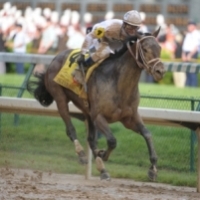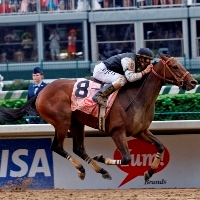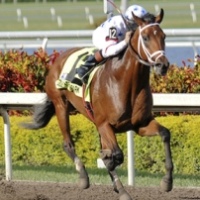The Kentucky Derby Racing Story
One of the few sporting events riding on rich history is the annual Kentucky Derby. The two-week-long horse race held annually in Louisville, Kentucky, United States, which starts on the first Saturday in May, is well-known for being the most exciting two minutes in sports.
The sporting event’s long history traces its roots back to 1872, when Meriwether Lewis, the grandson of William Clark—of the famous Lewis and Clark—paid Europe a visit. During his stay, Clark attended the Epsom Derby in England, a popular race run since the late 1700’s, and also associated with the French Jockey Club, a group that introduced another well-known horse race called the Grand Prix de Paris Longchamps. Clark was instantly inspired by the spectacles of his travels, and upon his return, was inclined to create a horse racing event of his own that will take place in the States. With the aid of his uncle’s John and Henry Churchill, who provided Clark with the necessary land to develop a racetrack, and by formulating a collection of race fans to be named the Louisville Jockey Club, Clark and his new organization raised funds to construct permanent holding grounds for the races in Louisville, Kentucky. On May 17, 1875, the racetrack welcomed spectators and the Louisville Jockey Club sponsored the very first Kentucky Derby. Fifteen three-year-old Thoroughbred horses raced a mile and a half in front of over 10,000 viewers.
Kentucky Derby has experienced certain changes throughout the years. From shortening the race’s distance, the addition of traditions like draping a garland of roses on the winning horse, all the way to the growing number of fans, the Kentucky Derby continues to move with the changes of time, but still honoring the integrity of the race commenced by Meriwether Lewis Clark.
Of course, the Kentucky Derby is nothing without the presence of wagers alongside the horses. Placing bets on horse races is just as historic as the race itself. From ancient civilizations across the globe to the betting windows of the sought-after horse racing event, the desire to bet on the fastest horse remains the same.
There are three types of bets commonly employed by gamblers, including the following:
- Win Wager – The horse must win the race in order to win the wager.
- Place Wager – The horse must finish within the top 2 to win the wager.
- Show Wager – The horse must finish in the top three to win the wager.
Since winning opportunities for the three wagers are different, the type of bet with the slimmest chances is to yield the highest payoff.
Exacta Bets
For those who have mastered the art of Win, Place, and Show Wagers, Exacta bets typically come next. Typically, Exacta bets are more difficult than any of the aforementioned bets, but commonly yields higher payouts than any of the three. To place an Exacta bet, players must select a minimum of two horses to finish first and second. These horses must finish first and second, in that order, for bettors to win the wager.
Trifecta Bets
Meanwhile, trifecta bets prove to be more difficult than any of the four bets discussed but yield the highest payout.
Trifecta bets are made by choosing a minimum of three horses to finish first, second, and third. These horses must finish in the exact order for bettors to win. On the other hand, if the latter is too difficult, players can “box” their wagers. Boxed Trifecta bets will win if the three selected horses place in the top three, regardless of the order.



